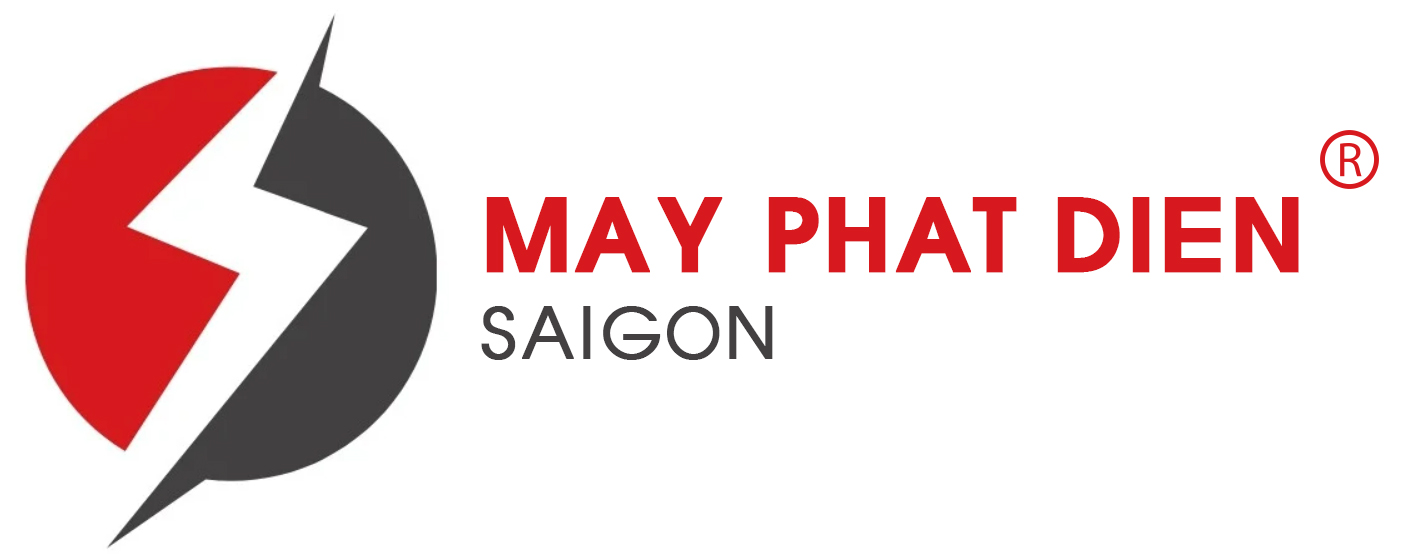Ethereum: Complex guide to announce new payment bets
As Ethereum, you probably know that payments payments are a key consideration of device management. Thousands of transactions that happen every day in Blockchaine Ethereum must be reliable in a reliable way. In this article, we examine two approaches: using the official Ethereum Demon and not rely on third coastal pinging services.
Official Demon Ethereum
The official Ethereum Demon is the essence of Ethereum, which is responsible for storing and checking transaction data. By default, it is permissible to be notified of the new payments received by users set up on Web3. Demon notification to obtain:
- Install web3.py : First install the Web3.Py directory on your local computer. Start
PIP Install Web3at the terminal.
- Configure Demon
: Start Demon Ethereum by starting “delegated-Sotters” (Linux/MacOS) or “Delegated-Ethers.exe
(Windows). This allows Web3.Py Hearing your new payment bets at the local junction.
- The node gets a new block.
Here is an example usingWeb3-Subscriper ‘(Python):
`Python
Import Web3
Set up your wallet and Ethereum knot
W3 = web3.web3 (web3.httppprovider (“
Sign up to obtain new notifications for blocks
W3eth.subridateto (“New-Block”, Lambda Event: Print (Event))
`
Don’t rely on third party pinging services
Although the official demon is a reliable method of obtaining payment alarms, it may not be suitable for any use. To avoid the unnecessary requirements of the network, consider using third party pinging services.
Third party pinging services, such as “Etterscan” or “blockchain.com, allow you to be notified of new payments received by other users on their website. However, this approach has its own limitations and potential disadvantages:
* Limited College : If a third party uses a service, you have less checks over the data sent to the node.
* Increased Delay : The node must submit an HTTP application to an external server for each payment reception notification that may introduce further delay.
* Network Operation : Depending on the third coastal network architecture, this may affect the network transfer of the local node.
Do we constantly need a server vote?
No, you don’t need to vote on the server using the third party pinging. In fact, most of Ethereum’s modern wallet and knots have built mechanisms that accept notifications for the new payments received. For example ::
* Web3.py : You will automatically receive alarms in default Web3 settings when new transactions are confirmed for blockchain.
* Ethereum Cli node

: “Delegated-ETS” (or Windows Companion) also warns the local node when new blocks arrive.
If you prefer to use the third party pinging, consider using a service that gives you a more efficient experience for you and the external server. Some options are as follows:
* Sign in to sign up for Web3 Etherscan : This allows you to subscribe to payment bets without contaminating the local node with unnecessary requirements.
* API Blockchain.com Explorer API : This provides an API endpoint to receive notifications on new block betting while minimizing network transmission and delay.
Conclusion
While the use of official Demon Ethereum is a reliable method of obtaining payment alarms, it may be inappropriate for use when used.

